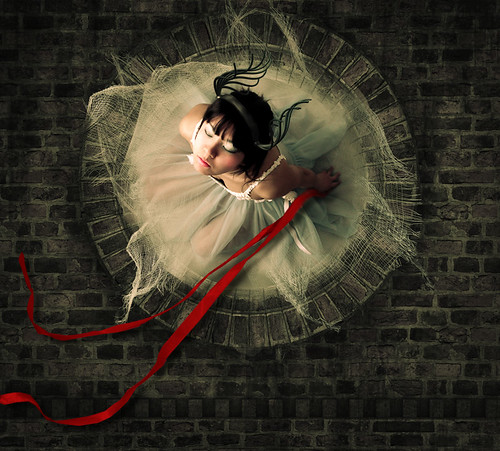imago /i-MAY-go/. noun. In psychology, an idealized image of a person—including possibly one’s self—formed in childhood and persisting into adulthood. In biology, the final, adult stage of an insect’s transformation (see also: nymph and pupa), usually winged. From classical Latin imāgō (representation, natural shape). See also: Imago Dei (the image of God), a theological term referring to man being created in God’s image.
“But it had all come hard upon: realignment of mother, death of father (the two imagos now transfigured)…” (Margaret Atwood)
“Signifying the imitation of a portrait, the word imago was applied to the image of the deceased. It designated the mask made from the imprint of a face.” (Barbara Cassin)
“In psychoanalysis, the term imago is an unconscious prototype of personae, the imago determines the way in which the subject apprehends others.” (W.G. Sebald)
“The burst of lightning was the white of the sunlit room when he came up for air and opened his eyes. His mother’s tiny rotating imago faded against the ceiling. What seemed like heavy breathing was him trying to scream.” (David Foster Wallace)
Beneath the dun and the watershine—
Incipient spinner, set for the take-off…
And does, in clean tear: imago rising out of herself
For the last time, slate-winged and many-eyed.
(Charles Wright)IMAGO TAPES
Tanguy: ‘Jours de Lenteur.’
Ernst: ‘The Robing of the Bride.’
de Chirico: ‘The Dream of the Poet.’
(J.G. Ballard)
Elsewhere: Wordnik.




